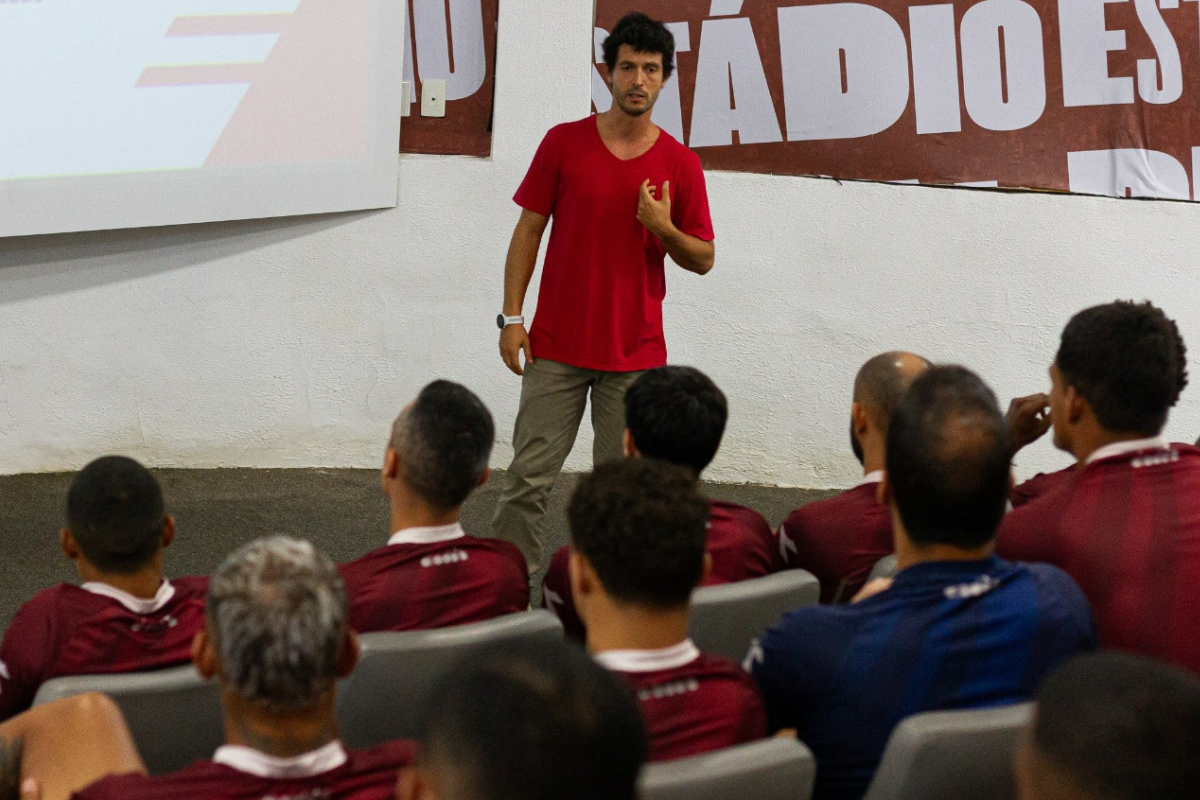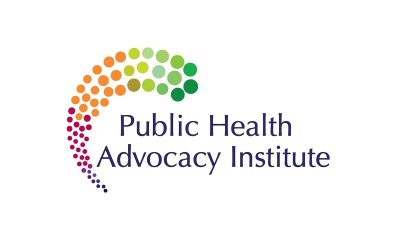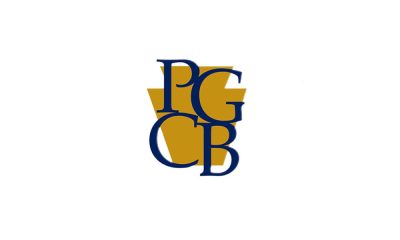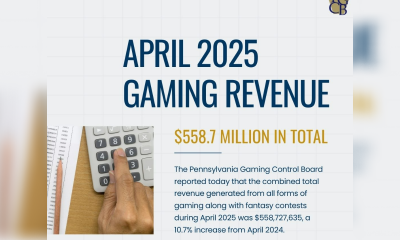Compliance Updates
Pennsylvania Department of Drug and Alcohol Programs Releases Report on Impact of Interactive Gaming in Pennsylvania

The Pennsylvania Department of Drug and Alcohol Programs (DDAP), Penn State University (PSU), and the Pennsylvania Gaming Control Board (PGCB) released the first-of-its-kind report analyzing the impact of Interactive Gaming, also referred to as online gambling or iGaming, in Pennsylvania.
“This report will assist DDAP in its mission to assess and address how gambling behaviors impact compulsive and problem gambling within the commonwealth. We want to ensure we are offering all the resources we can at the state level to anyone who may be experiencing problem gambling behaviors. Knowing the current iGaming trends in the state will help DDAP make informed decisions and help to spread awareness that treatment and resources are available to help when this recreational hobby becomes a more serious problem,” Jen Smith, Secretary of DDAP, said.
Under Act 42 of 2017, which legalized interactive gaming in Pennsylvania, DDAP is required to complete an assessment and report on the impact of interactive gaming in the commonwealth. This was the first year for the completion of the assessment and report compilation. Funding for this report is provided by law through fees the PGCB assesses from interactive gaming licensees.
“Penn State and the Criminal Justice Research Center is enthusiastic about this partnership with the Department of Drug and Alcohol Programs and the Pennsylvania Gaming Control Board. By collecting these data on a yearly basis, we can ensure an accurate understanding of the impact of this policy change on our Pennsylvania communities. If interventions are required, this assessment will help to guide a data-driven response,” Dr. Glenn Sterner, Assistant Professor of Criminal Justice at Penn State University, said.
The findings of this report were generated from a survey of more than 1100 individuals across Pennsylvania throughout 2020-21 and indicate:
- Approximately 1 in 10 Pennsylvanians engage in interactive gaming.
- The most popular interactive gaming is sports betting and nearly half of all who participate in interactive gaming are engaged in sports betting.
- Nearly half of all those who engage in interactive gaming exhibit at least one problem gambling behavior.
“The findings of the report emphasize the PGCB’s long-standing priority in assisting individuals who develop compulsive gambling issues including our efforts to provide information and effective tools such as the PGCB’s Self-Exclusion programs. I also believe that findings in this and subsequent reports can provide critical information to prevention professionals and to those in the treatment community who are assisting individuals on their path to recovery,” Elizabeth Lanza, Director of the PGCB’s Office of Compulsive and Problem Gambling, said.
Gambling, even through legal avenues, becomes a problem when individuals begin to develop strained relationships with loved ones, borrow money to gamble, gamble to experience a high or feeling, miss work, school, or other activities and obligations in order to gamble. These behaviors can have a serious impact on a person’s financial, physical, and mental health. Other symptoms of problem gambling include trying to hide or lying about gambling, using gambling as an escape to avoid dealing with other problems, and feeling like the habit is out of control but being unable to stop.
Pennsylvania’s Self-Exclusion Program allows an individual to request to be excluded from legalized gaming activities including iGaming and those within a casino and offsite venues. More information on the program and ways to identify problem gambling can be found through the PGCB’s website specific to its efforts in compulsive and problem gaming.
Canada
AGCO Fines Great Canadian Casino Resort Toronto $350,000 for Serious Regulatory Violations Linked to Impromptu After-Party on Gaming Floor

The Alcohol and Gaming Commission of Ontario (AGCO) has issued monetary penalties totaling $350,000 against Great Canadian Casino Resort Toronto for multiple violations of provincial gaming standards. The penalties follow an impromptu after-party that was permitted to take place in the pre-dawn hours directly on the casino’s gaming floor.
On September 27, 2024, an electronic dance music event attended by thousands of people was hosted in the theatre adjacent to the casino at Great Canadian Casino Resort Toronto. The event was marked by widespread intoxication, disorderly behavior, and numerous criminal and medical incidents – both inside and outside the venue – including alleged assaults, drug overdoses, and acts of public indecency. Although paid duty officers were present, additional police and emergency services were required to manage the situation.
In the midst of this high-risk environment, casino management approved an unscheduled request by the performing artist to host an after-party on the active gaming floor. The artist and more than 400 guests were permitted onto the gaming floor where the artist was allowed to perform amidst operational table games and gaming machines – without any prior risk assessment or planning.
As a result, security personnel were unable to effectively control the casino floor, including witness reports that an attendee was seen climbing onto slot machines. Failure to maintain appropriate control compromises the security, safety, and integrity of the casino floor. Following the conclusion of the event, the operator failed to promptly report these incidents to the AGCO as required.
Based on the findings of its review, the AGCO’s Registrar has issued an Order of Monetary Penalty (OMP) totaling $350,000 against Great Canadian Casino Resort Toronto. These penalties address critical failures in their operations, incident reporting, employee training, and the management of disturbances.
A gaming operator served with an OMP has 15 days to appeal the Registrar’s decision to the Licence Appeal Tribunal (LAT), an adjudicative tribunal that is part of Tribunals Ontario and independent of the AGCO.
“Casino operators have a fundamental duty to control their gaming environment. Great Canadian Casino Resort Toronto’s lapses in this incident compromised the safety of patrons and the security and integrity of the gaming floor,” Dr. Karin Schnarr, Chief Executive Officer and Registrar of AGCO, said.
Compliance Updates
Esportes da Sorte holds forum on “Integrity in Sports” with Ceará and Náutico

Esportes da Sorte hosted its Match-Fixing Prevention Forum last week at Ceará and Náutico as main sponsor of both clubs. Held in partnership with Sportradar, the initiative is part of a series of in-person workshops, with upcoming sessions planned for Corinthians and Ferroviária.
The project aims to combat illegal practices and reinforce a strong commitment to integrity in sport. Activities were tailored for athletes and members of the technical staff from the men’s and women’s professional teams, as well as the under-20 squads. During the sessions, topics such as the definition of match-fixing, types of fraud, fraudsters’ modus operandi, legal risks, and reputational impacts were covered. Participants were offered practical guidance on how to respond to suspicious approaches.
“This training programme reinforces our commitment to sports integrity and responsible gaming, pillars that guide our actions. We believe education is the best form of prevention, and we want to stand alongside clubs in this joint effort for transparency and the protection of sport,” said Ana Carolina Luna Maçães, Compliance Manager at Esportes Gaming Brasil, the group behind the Esportes da Sorte brand.
“Ceará takes this topic very seriously. The club is an important player in the fight against match-fixing. We act preventively with regular meetings and have a handbook that addresses the topic with our squad. It is our duty to provide these moments of learning for athletes and technical staff. We live in a time when the integrity of sport is being questioned. In this scenario, actions like this are extremely important,” commented Lucas Drubscky, Football Executive at Ceará.
The sessions were led by Felippe Marchetti, Integrity Partnerships Manager at Sportradar, a global sports technology company and recognized authority in sports integrity. In Brazil, Sportradar partners with the Brazilian Football Confederation (CBF) and 17 state federations, monitoring more than 10,000 matches per season. The company recently signed a Technical Cooperation Agreement (TCA) with the Ministry of Finance and the Ministry of Sports.
“Raising awareness among athletes and teams is one of the most effective ways to protect competitions from manipulation. These workshops are designed to equip participants with the knowledge and tools to recognize threats and act responsibly. We are proud to support initiatives like this that strengthen the integrity of Brazilian sports,” said Felippe Marchetti.
Compliance Updates
New Bill in California Could End Online Sweepstakes Gaming

California State Assemblymember Avelino Valencia (D-Anaheim) has introduced Assembly Bill (AB) 831 to protect Californians from unregulated online gambling by prohibiting online sweepstakes games that use a “dual currency” model to mimic casino-style wagering.
“Sweepstakes” platforms sell virtual coins that are used to play casino-style games and can be redeemed for cash or prizes, essentially operating as unlicensed gambling businesses. By exploiting “No Purchase Necessary” disclaimers, they sidestep California’s regulatory framework and evade the state’s voter-approved proposition related to Tribal-State gaming. Many of these “sweepstakes” operators are based offshore and function without proper oversight, avoiding requirements like consumer protections, responsible gaming safeguards, background checks, and tax compliance.
“We cannot look the other way while these platforms exploit legal grey areas. These operations undermine the voter-approved framework that affirms Tribal governments’ sovereign right to conduct gaming in California. AB 831 strengthens that framework and ensures gaming in California remains fair and accountable,” said Assemblymember Avelino Valencia.
AB 831 fortifies existing sweepstakes laws and clarifies the illegality of internet-based sweepstakes that use the dual currency model. It reinforces the shared responsibility between the State, licensed operators, and Native Nations to keep gaming safe, transparent, and accountable. AB 831 is co-sponsored by the Yuhaaviatam of San Manuel Nation, the California Nations Indian Gaming Association (CNIGA), and the Tribal Alliance of Sovereign Indian Nations (TASIN), reflecting strong support from across Indian Country.
“For over 25 years, Tribal governments like Yuhaaviatam of San Manuel Nation, have upheld the will of California voters by operating gaming with integrity. That commitment has allowed us to reinvest in our communities, boost local economies, and support essential public services on reservations and in partnerships across the state. Illegal online gaming now threatens this foundation—compromising voter-approved law and putting Californians at risk,” said Yuhaaviatam Tribal Council of San Manuel Chairwoman Lynn Valbuena.
“We support this legislation that will close dangerous loopholes and strengthen the integrity of California’s gaming system. We remain committed to defending a proven framework that protects the sovereignty of Tribal Nations and delivers real and lasting benefits to all Californians. Together, Tribal governments and the State of California will continue to address and take decisive action against illegal internet gaming in all its forms,” said Yuhaaviatam Tribal Council of San Manuel Vice Chairman Johnny Hernandez, Jr.
“Tribal government gaming contributes nearly $25 billion to California’s economy, sustains over 112,000 jobs, and funds critical community programs. Unregulated online sweepstakes threaten this voter-approved system by imitating casino gaming without oversight, accountability, or community investment. These illegal platforms erase the benefits of regulated gaming while exposing consumers to serious risks,” said CNIGA Chairman James Siva.
AB 831 is pending a hearing in the Senate.
-

 Compliance Updates7 days ago
Compliance Updates7 days agoPHAI Files Lawsuit in Pennsylvania Over Caesars’ Dangerous Online Casino Promotion and “Pay Through Bonuses”
-

 Latest News7 days ago
Latest News7 days agoTG Lab unveils new Brazil office to further cement position as market’s most localised platform
-

 partnerships6 days ago
partnerships6 days agoInternational Gaming Standards Association Welcomes New Payments Committee Member: Sightline Payments
-

 Compliance Updates6 days ago
Compliance Updates6 days agoHonolulu Mayor Signs New Laws Targeting Illegal Game Rooms
-

 Latest News5 days ago
Latest News5 days agoFBM® unveils golden treasures in Mexico with Croc’s Lock™ bites
-

 Latest News6 days ago
Latest News6 days agoAGS Named One of U.S. News & World Report’s 2025–2026 Best Companies to Work For
-

 eSports4 days ago
eSports4 days agoBETBY EXPANDS LATAM FOOTPRINT WITH MOBADOO ESPORTS PARTNERSHIP
-

 Latest News4 days ago
Latest News4 days agoOptimove and EveryMatrix Launch Real-Time Integration to Power Smarter Marketing for iGaming Operators
















